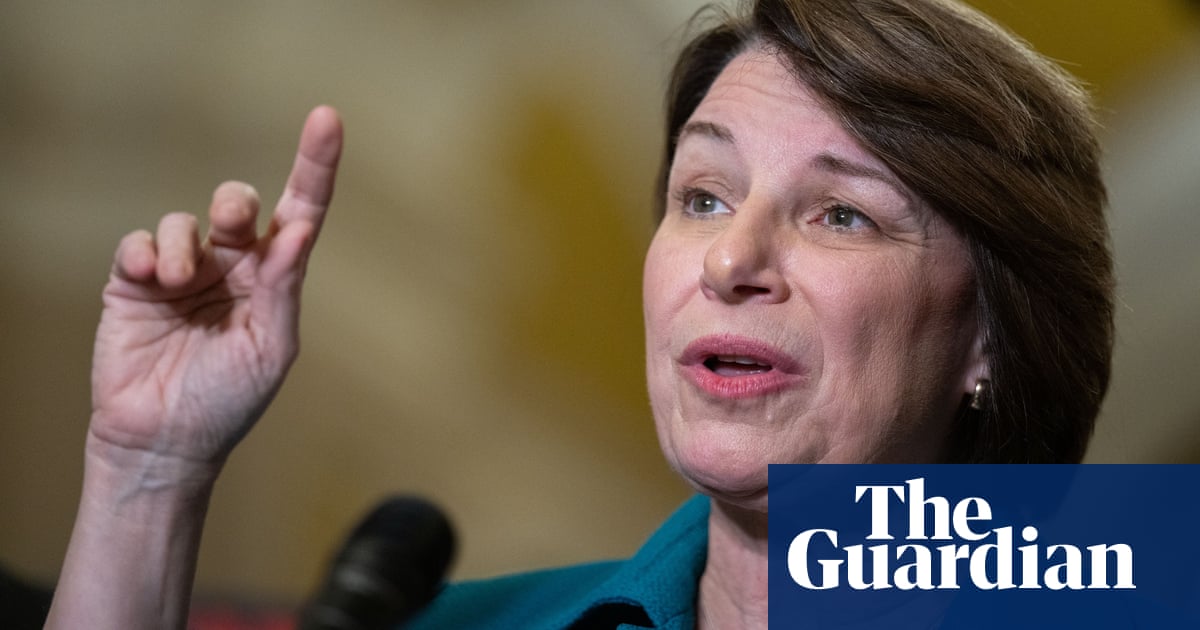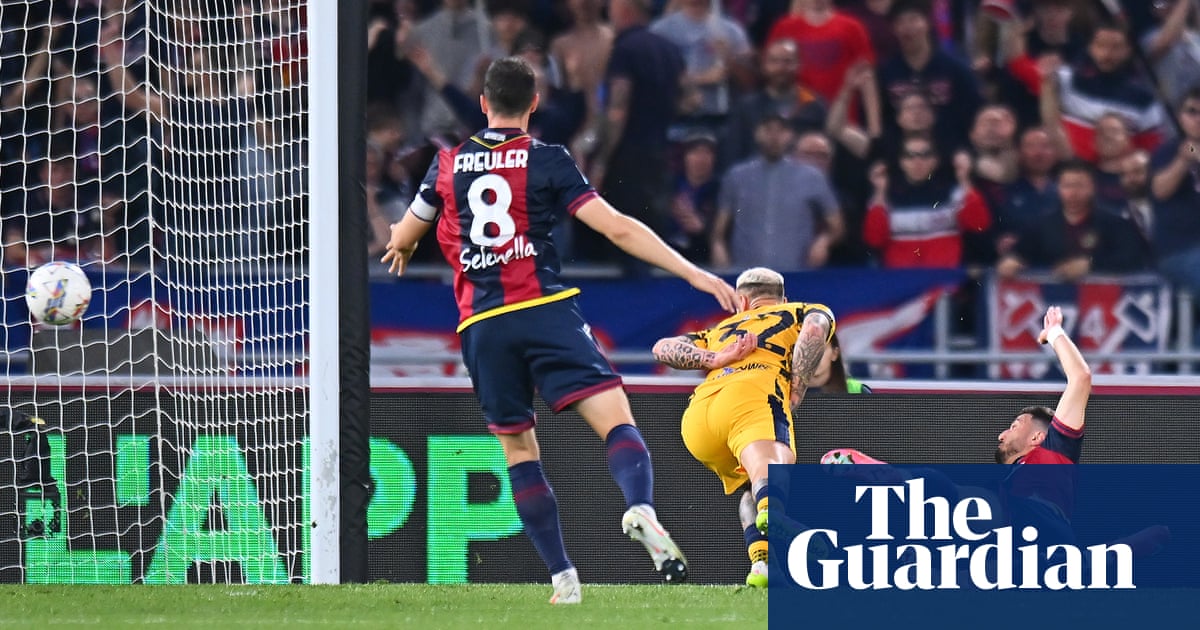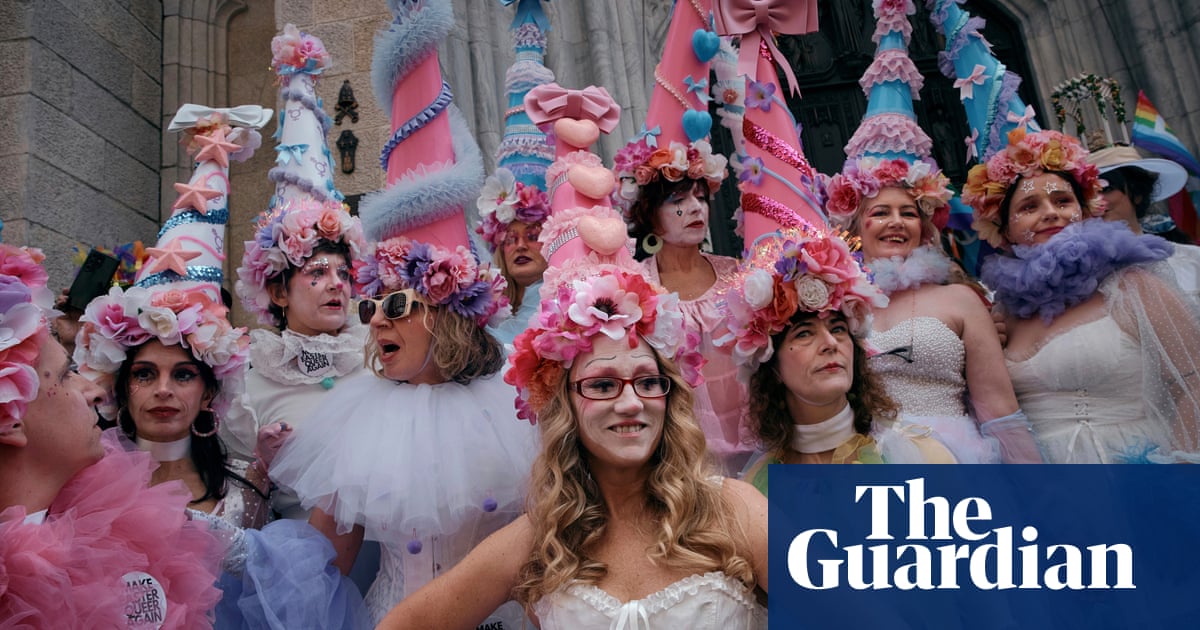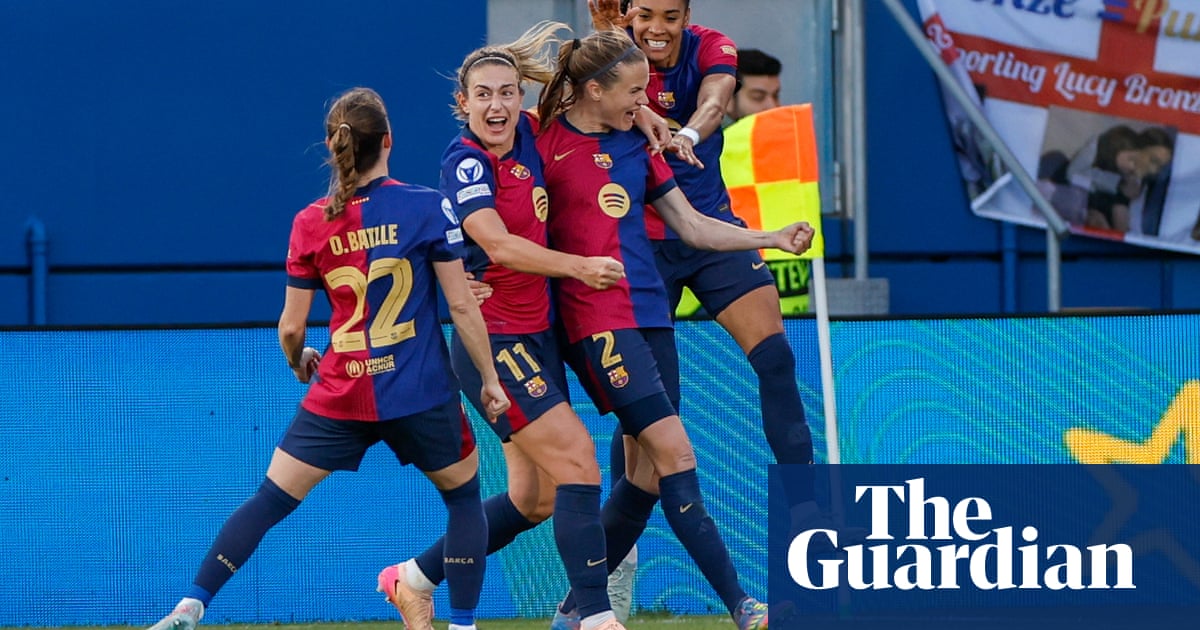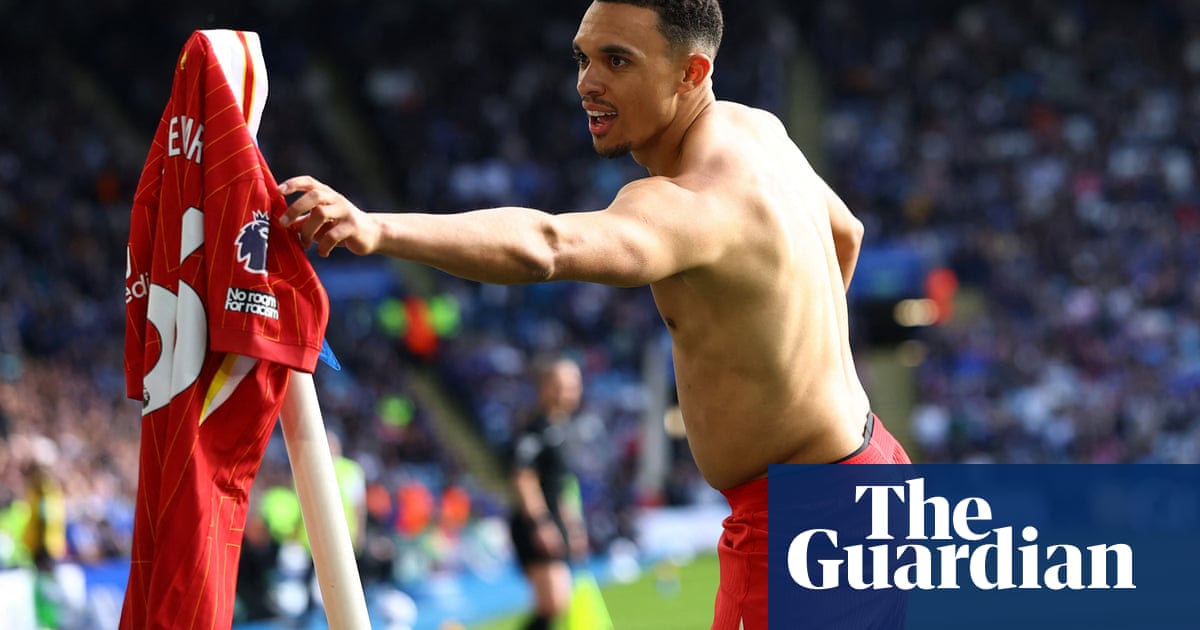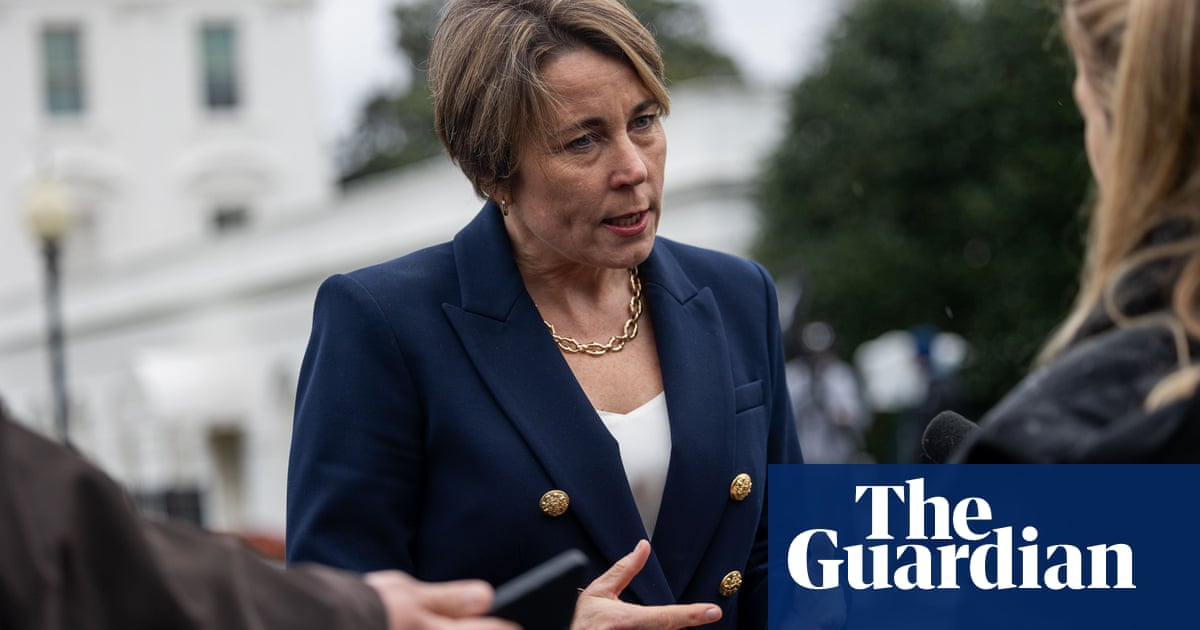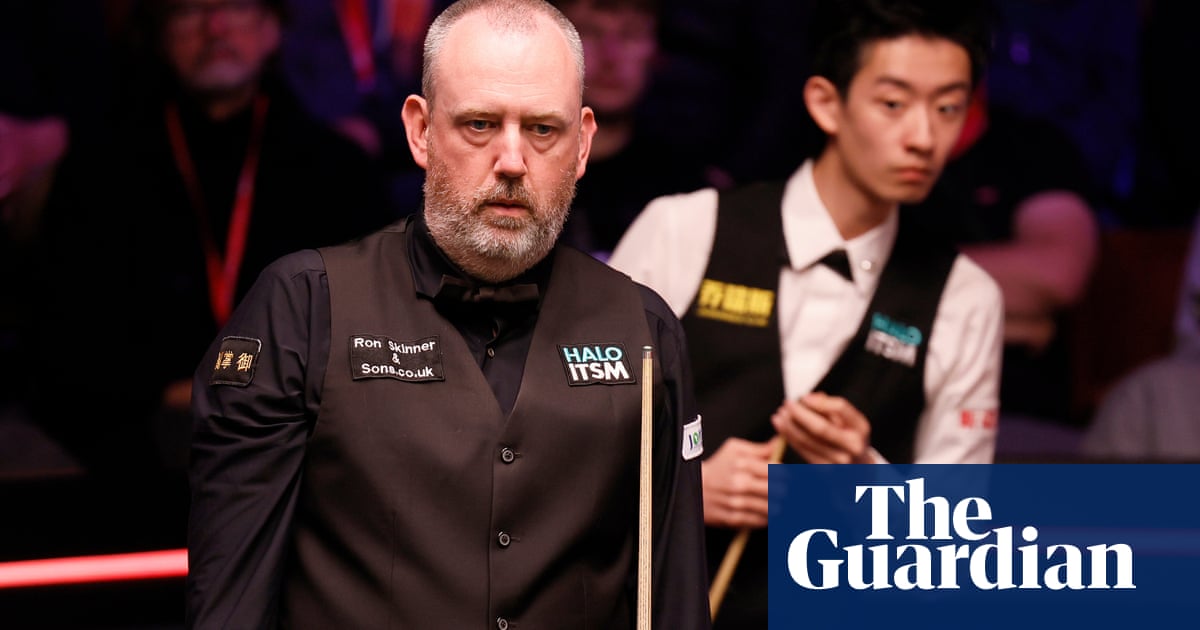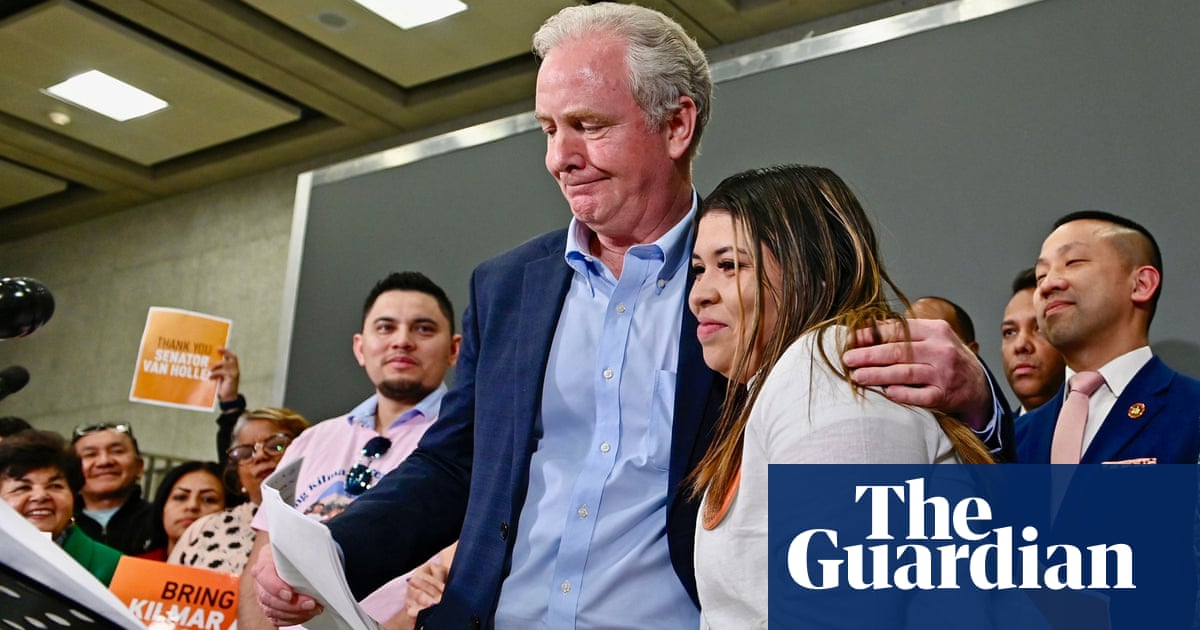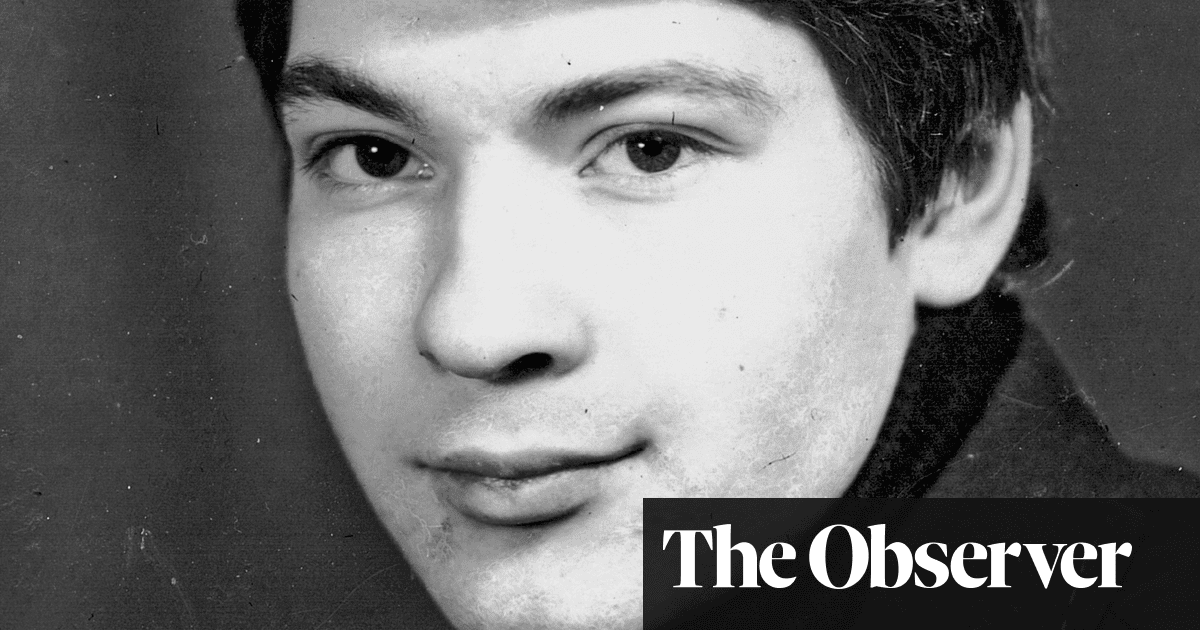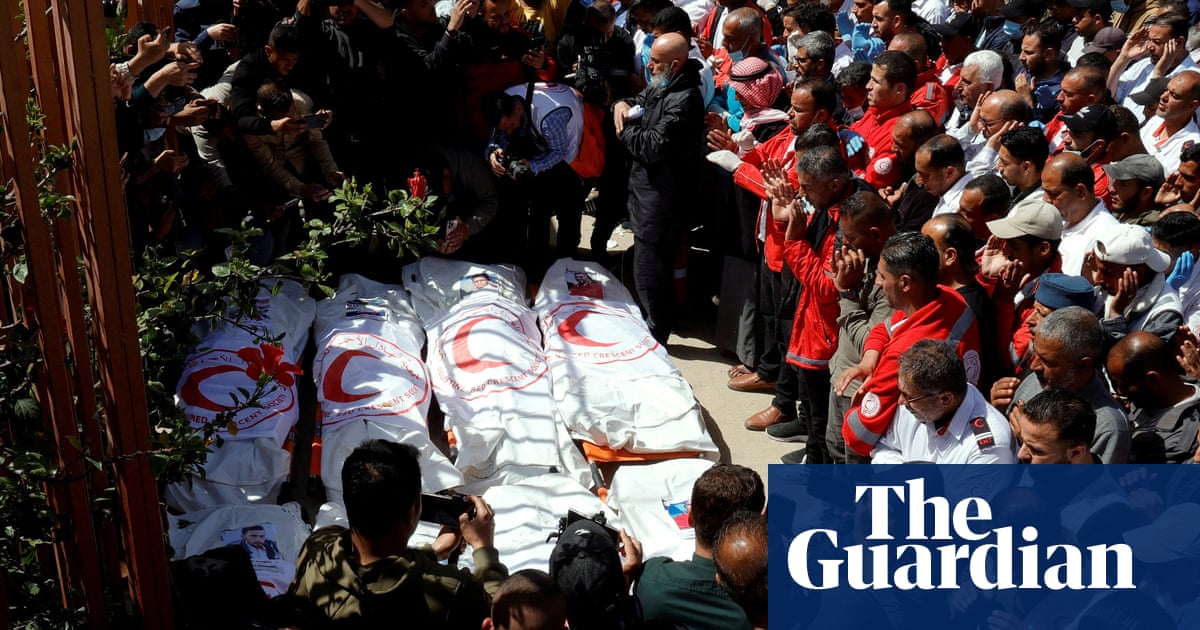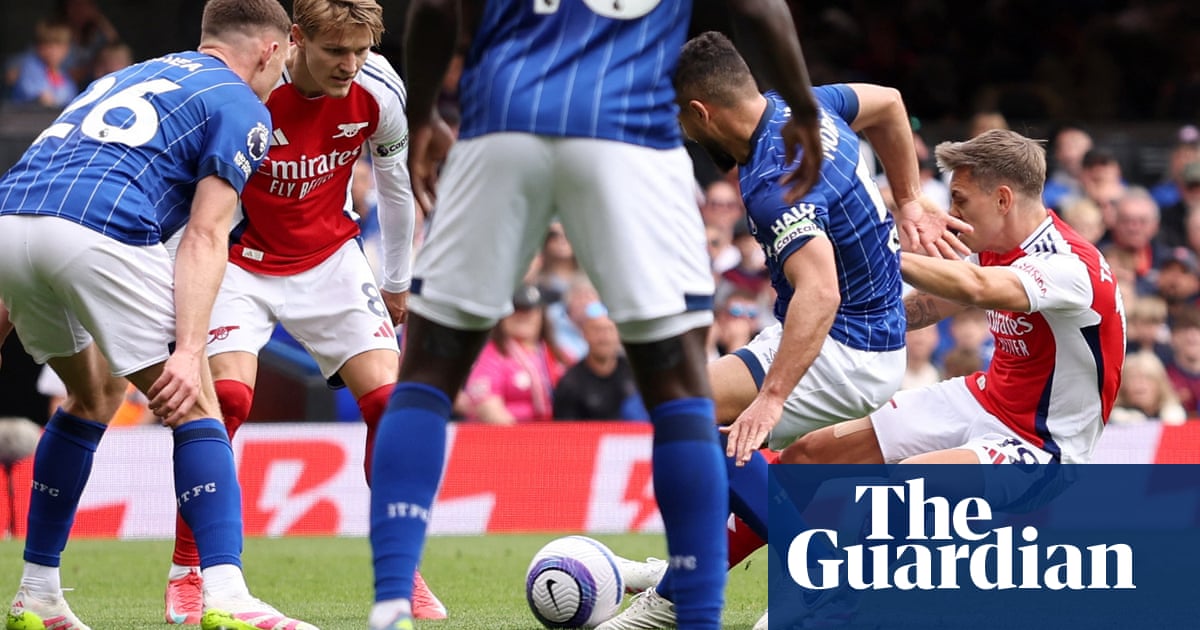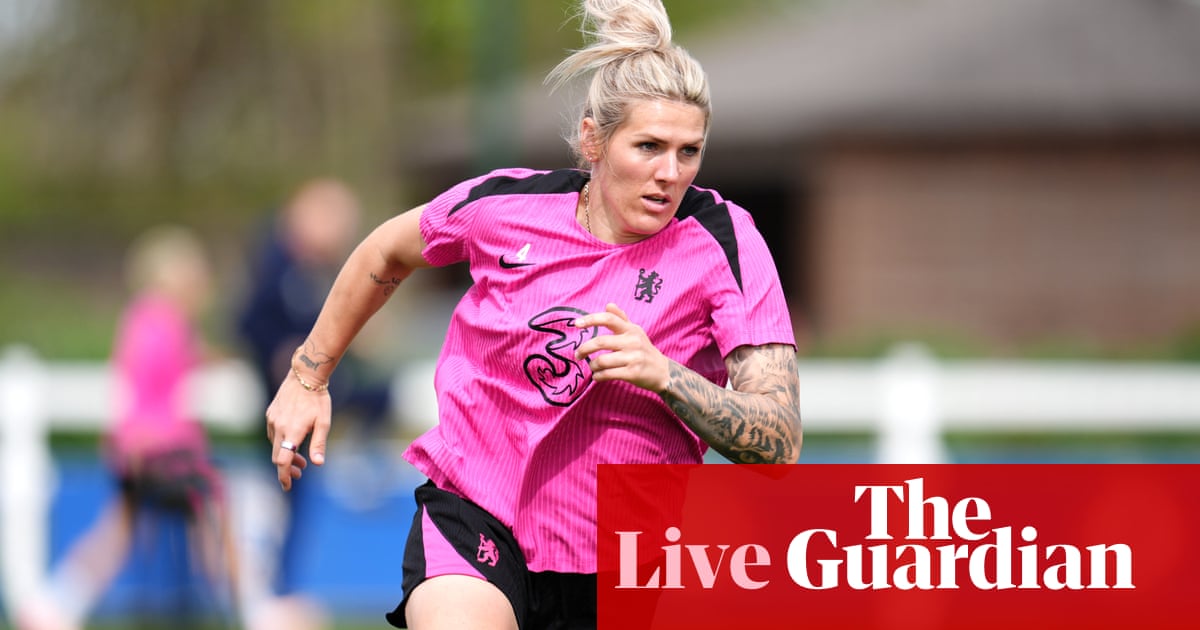Loved ones of a man who witnessed his best friend’s murder during the deadly New Year’s morning truck attack in New Orleans – and was badly wounded himself – have been lamenting the city’s failure to better protect revelers on its most famous street that day.
After revelations that the city either took down or chose not to deploy three different types of barriers that it had to prevent vehicular ramming attacks like the one that killed 14 people and hurt nearly 60 others on Bourbon Street on 1 January, the father of injured victim Emile “Luui” Graham said: “They should’ve protected people better than this.”
“Nobody deserved to die like that,” Graham’s father, also named Emile, told Guardian reporting partner WWL Louisiana. Alluding to how most of those killed were between their late teens and 40s, the elder Graham added: “These people are all burying their children. These people [were] all young.”
Emile Graham’s parents said he and his best friend, Hubert Gauthreaux, had gone to Bourbon Street to ring in 2025 with other revelers before the attack happened. Both grew up in New Orleans-area communities just across the Mississippi River from the city, and they shared a love of music with one another during their frequent hangouts, Graham’s sister, Brianna, told local news station WVUE.
As she recounted to WVUE, Brianna recalled telling her brother and Gauthreaux that she “love[d] them and want[ed] them to be safe”.
Graham, 23, and Gauthreaux, 21, later were among those hit by a US army veteran who was inspired by the Islamic State (IS) terror group and managed to deliberately drive a pickup truck into revelers on Bourbon Street.
Gauthreaux was mortally injured. Graham may have died as well had it not been for an uninjured bystander who used a tourniquet on one of his legs to stop it from bleeding – and then kept him awake until paramedics could bring him to the hospital, his mother, Carmela, wrote on the page of a GoFundMe campaign meant to aid his physical recovery.

Graham’s sister recalled trying to call Gauthreaux’s phone after she heard of the attack and could not get a hold of her brother – before learning that he had been hospitalized.
“It’s really difficult to … realize I was calling on the phone of someone who isn’t here,” she said to WVUE.
Ultimately, Graham broke his shoulder, ribs, hips and legs. He underwent a seven-and-a-half-hour surgery the day after the attack and was told to expect at least one more surgery as well as a lengthy rehabilitation process.
Carmela Graham said to WVUE that her son was eager to begin rehabbing, though he had also been grappling with post-traumatic stress disorder.
“Some of the stuff that he’s going through is hard because I want to take his pain from him, but I can’t,” the elder Emil Graham said. “It’s a nightmare.”
Carmela Graham said she and her family were among many questioning why the city had hardly left any obstacles that might impede an attack like the one that hurt her son and shattered his strongest friendship. Officials left only a single police cruiser at the entrance of Bourbon Street.
The attacker easily drove around it and barrelled into dozens of people on one of the world’s most festive drags, which is supposed to be closed to vehicular traffic at times when it is crowded, including New Year’s Day.
The city made that decision even after it had commissioned a 2019 report which determined the French Quarter neighborhood to which Bourbon Street belongs was particularly vulnerable to a vehicular attack.
The New Year’s Day attacker ultimately crashed into a construction vehicle on Bourbon Street’s third block and was shot dead by police without being able to detonate homemade bombs he had planted further up the thoroughfare in advance.
Two police officers were also shot before the attack ended.
New Orleans’ government was quickly faced with litigation accusing it of failing to adequately guard New Year’s Day revelers. It remained unresolved Thursday, and authorities had launched multiple investigations into the attack.
Yet to the Grahams, one harsh truth is clear.
“They left it open for something like this to happen,” Carmela Graham said.
-
WWL Louisiana’s Paul Murphy contributed reporting

 3 months ago
48
3 months ago
48
